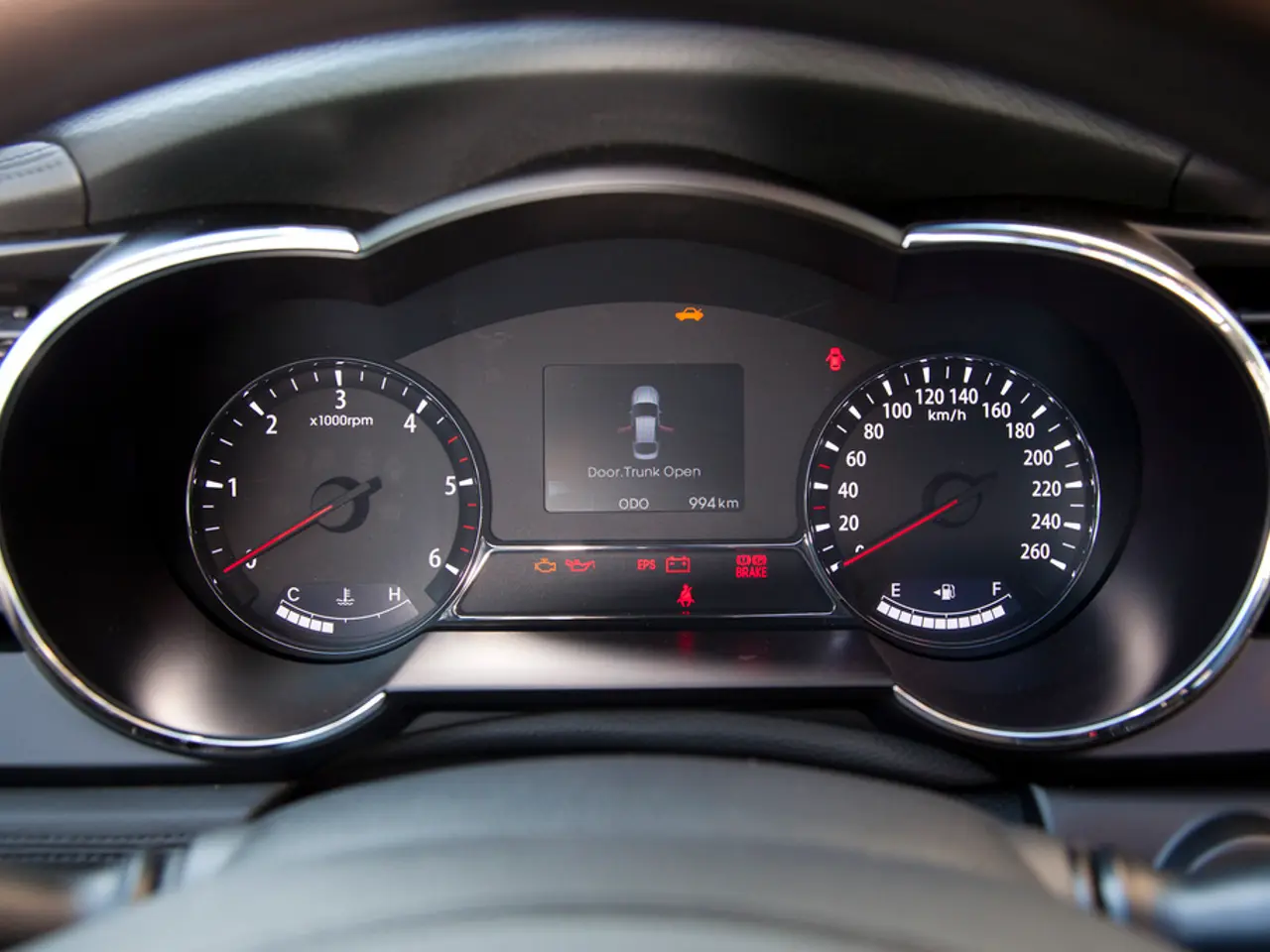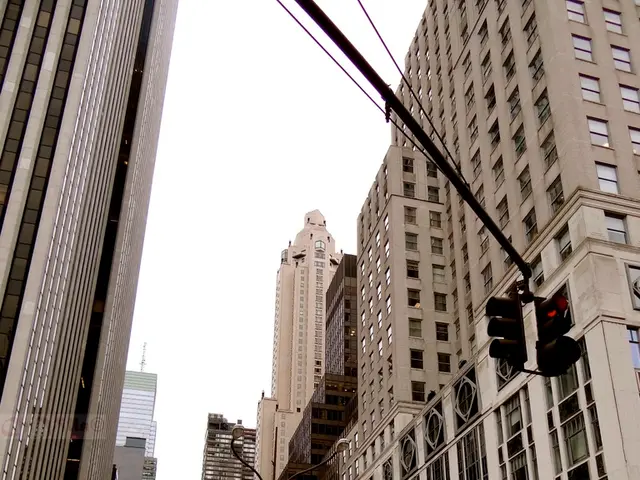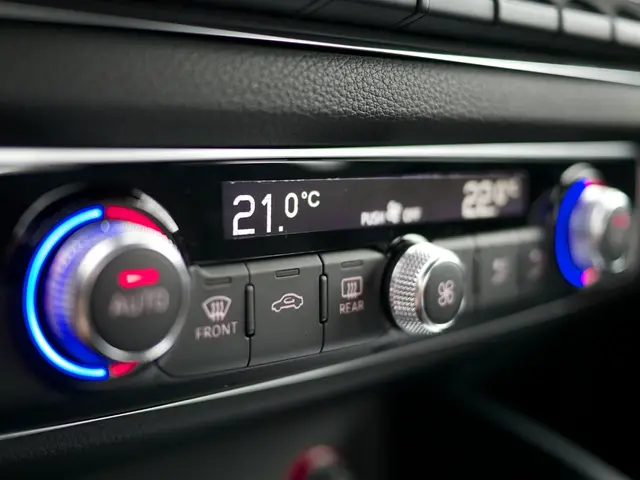Rapid BEV charging dominance in 2023: Tesla surpasses competitors
In a recent report by the International Council on Clean Transportation (ICCT), trends in the electric vehicle (EV) industry were highlighted, with a focus on charging speeds. The report emphasizes the importance of charging speed for battery electric vehicle (BEV) purchases, particularly for long-distance travel.
Hyundai-Kia has taken a significant step forward, following in the footsteps of Tesla. The Hyundai IONIQ 5 and Kia EV6 boast an average fast charging speed of 139 kW, putting them at the forefront of the industry. The Hyundai IONIQ 5, in particular, averages 169.4 kW in DC charging, allowing its 72.6 kWh battery to charge from 10% to 80% in just 18 minutes.
BMW has also made strides in 2023, achieving significant improvements in their average charging power for BEVs. This advancement is thanks to the introduction of bidirectional charging technology in the BMW iX3 and upcoming models based on the Neue Klasse platform. These innovative solutions enable more intelligent and flexible charging solutions.
However, other manufacturers such as SAIC, Chang'an, Tata Motors, and Chery lag significantly behind in average fast charging speed. For instance, Tata Motors' Xpres-T BEV has an average speed of 21 kW, and Chery's QQ Ice Cream takes 75 minutes to charge its 17-kWh battery to 80%.
The ICCT's rating methodology considers both normal (Level 2) and fast (DC) charging capabilities, taking into account net battery capacity and charging times. On the other hand, the Citroën Ami, with a 3.6 kW onboard charger, requires four hours to fully charge its 5.5 kWh battery.
It's worth noting that the overall market share of battery swap-capable BEVs remains low, primarily designed for taxi services in China. These models were excluded from the primary analysis.
The report also mentions that some direct current (DC) fast chargers can deliver up to 350 kW, but the average rate accepted by vehicles varies widely. This highlights the need for continued advancements in charging technology to meet the demands of the growing EV market.
In summary, the ICCT report underscores the importance of fast charging capabilities in the EV industry, with Hyundai-Kia and BMW leading the pack in terms of charging speeds. The report also emphasizes the need for continued advancements in charging technology to cater to the growing demands of the EV market.
Read also:
- Ford Discontinues Popular Top-Seller in Staggering Shift, Labeled as a "Model T Event"
- 2025 Witnesses a 27% Surge in Worldwide Electric Vehicle Sales, Despite Opposition to Electrification Policies in the U.S.
- Recorded surge in electric vehicle registrations during the initial half of the year
- Dubai-bound: Omega Seiki Mobility, an electric vehicle company from India, prepares for assembly establishment








